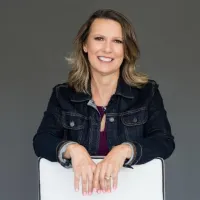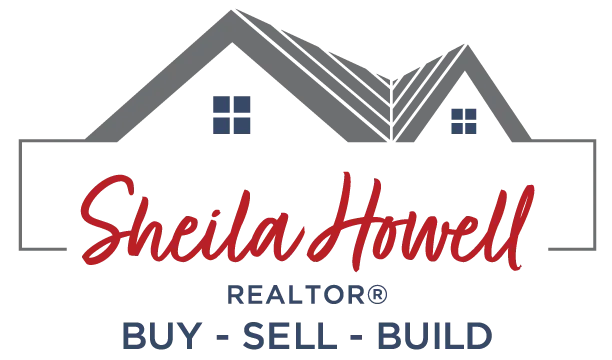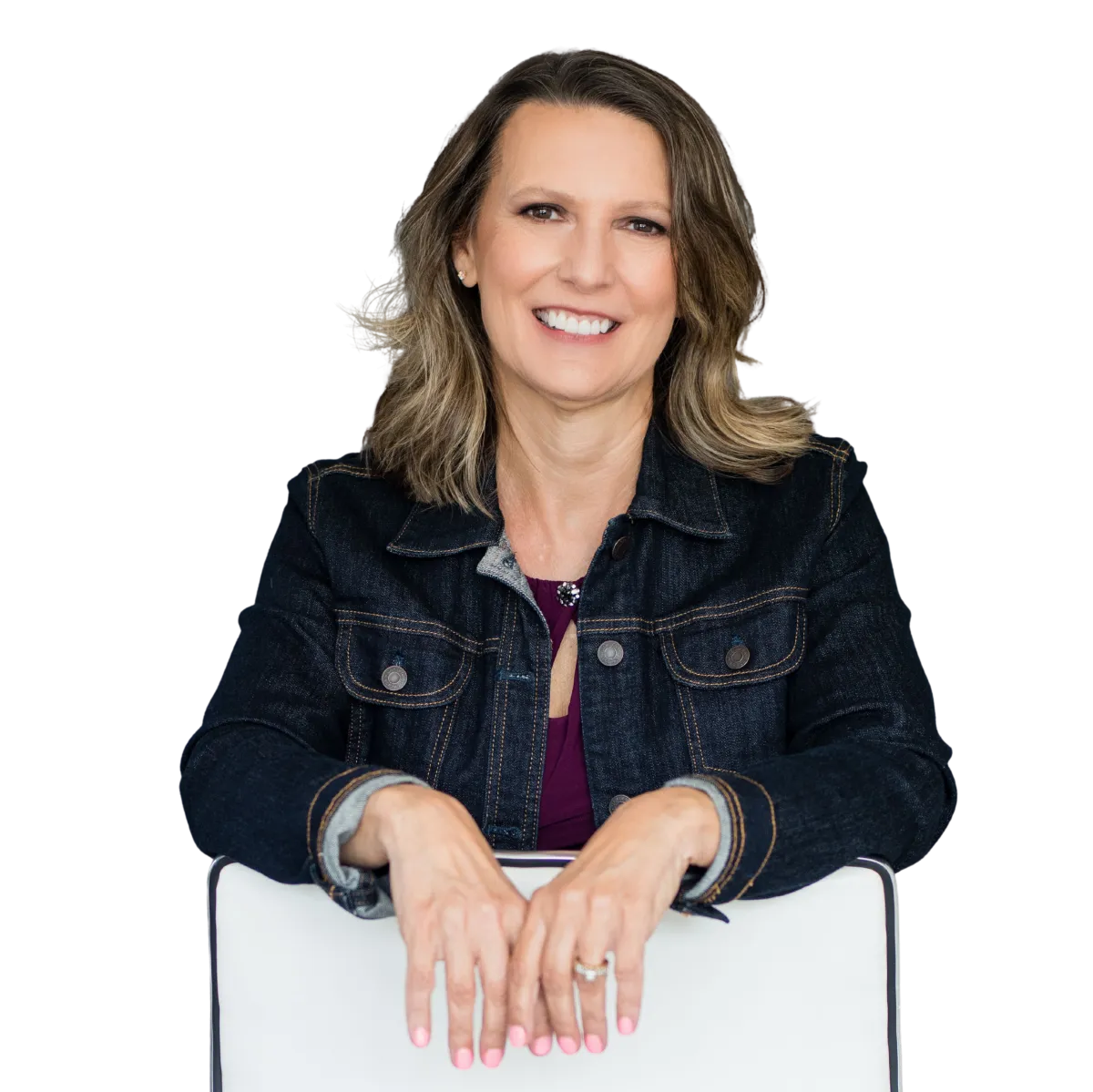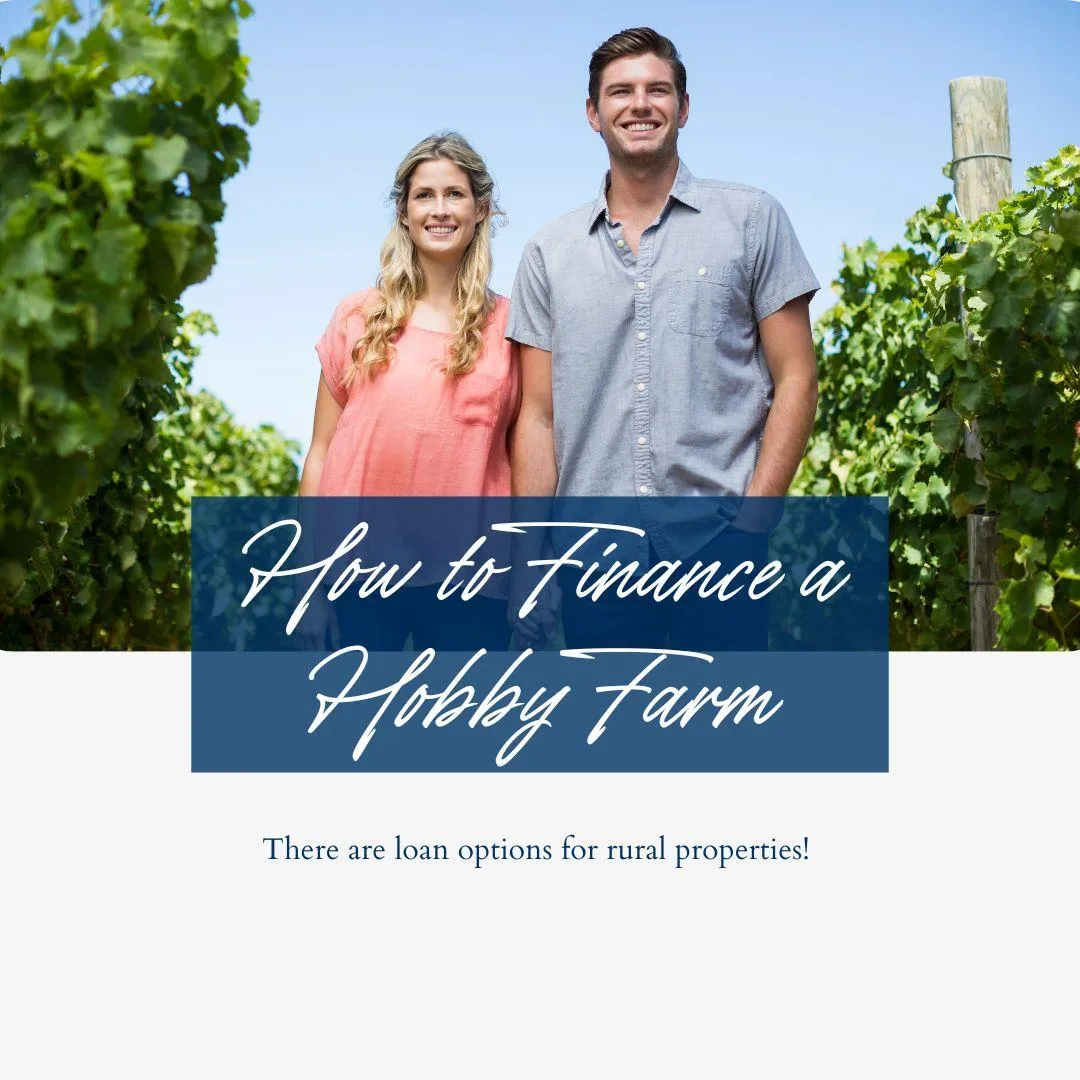
How to Finance a Hobby Farm: Loan Options & What You Need to Know
How to Finance a Hobby Farm: Loan Options & What You Need to Know
Are you dreaming of peaceful mornings, wide open spaces, and the satisfaction of owning your own hobby farm in rural Ohio? Whether it’s tending a garden, raising chickens, or simply enjoying the tranquility of country life, many are drawn to the charm and freedom that comes with owning a little land. But as exciting as that dream is, figuring out how to finance it can feel overwhelming. The good news? You have options—and I’m here to help guide you every step of the way.
The Joy of the Search: Finding Your Perfect Rural Retreat
There’s something magical about exploring rural properties, imagining the possibilities, and envisioning your life unfolding in a more peaceful setting. For many, the search itself becomes part of the journey—touring winding country roads, discovering hidden gems, and finding that perfect blend of space, charm, and potential. Whether you're looking for a few acres for weekend getaways or land to build your dream home, the process should be exciting—not stressful. With the right financing plan, it can be.
Mortgage Options for Hobby Farms 🏡
When it comes to buying rural property, it’s important to understand which loan types are best suited for hobby farms. Connecting with a lender who specializes in rural and hobby farm financing is key, and I have a couple of amazing professionals I can recommend. Here’s a quick overview to help you get started:
1️⃣ USDA Loans
Ideal for properties in rural areas, USDA loans offer low-interest rates and often require little or no down payment. They’re perfect for buyers who want affordability and access to a government-backed program.
2️⃣ Conventional Loans
If the property includes a home and a manageable amount of land (typically under 10 acres), a conventional loan may work well. Larger tracts of land may require additional financing or special considerations.
3️⃣ Land Loans
Looking at vacant land with no existing home? You’ll likely need a land loan, which typically requires a larger down payment (often 20-30%) and has a shorter loan term. These loans in my experience have higher interest rates than convention or USDA loans.
4️⃣ Farm Loans & Grants
Planning to grow produce or raise animals beyond just a hobby? You might qualify for agricultural loans or grants through programs like the Farm Service Agency (FSA). These options are geared more toward small-scale commercial farming but can be a great fit depending on your goals.
What You’ll Need to Qualify ✅
From what I’ve learned through conversations with lenders, getting approved for a rural property loan is similar to traditional home financing, but there are a few additional factors to keep in mind. Here’s what lenders typically look for:
Credit Score: Most loans require a score of 620+, though higher scores can help secure better rates.
Proof of Income: Stable income is key—lenders want to know you can comfortably make payments.
Property Appraisal: Lenders will require an appraisal to assess the value of the land and home, if applicable.
Down Payment: Depending on the loan type, down payments can range from 0% (USDA) to 30% (land loans).
Don’t Forget About Closing Costs 💰
In addition to your down payment, you’ll need to budget for closing costs, which usually range from 2-5% of the purchase price. These cover fees like the appraisal, loan origination, title insurance, and recording fees. In some cases, sellers may be willing to contribute toward closing costs during negotiations, and I can help you explore those options.
Let’s Make Your Hobby Farm Dream a Reality 🌾
Owning a hobby farm isn’t just a financial investment—it’s an investment in your lifestyle, your well-being, and your future. The right property can become a sanctuary, a source of joy, and a place to make lasting memories. If you're ready to explore rural properties and need guidance on financing, I can connect you with trusted lenders who specialize in rural and hobby farm loans. Let’s make your dream a reality, together.
Serving buyers in Alexandria, Johnstown, Newark, Pataskala, and beyond, I bring local knowledge, a passion for rural living, and the expertise to make your journey smooth and stress-free.
💬 Let’s chat about your goals, financing options, and the best properties available today.
📧 [email protected] | 📞 740-809-2433
Hear What Our Clients Have To Say...
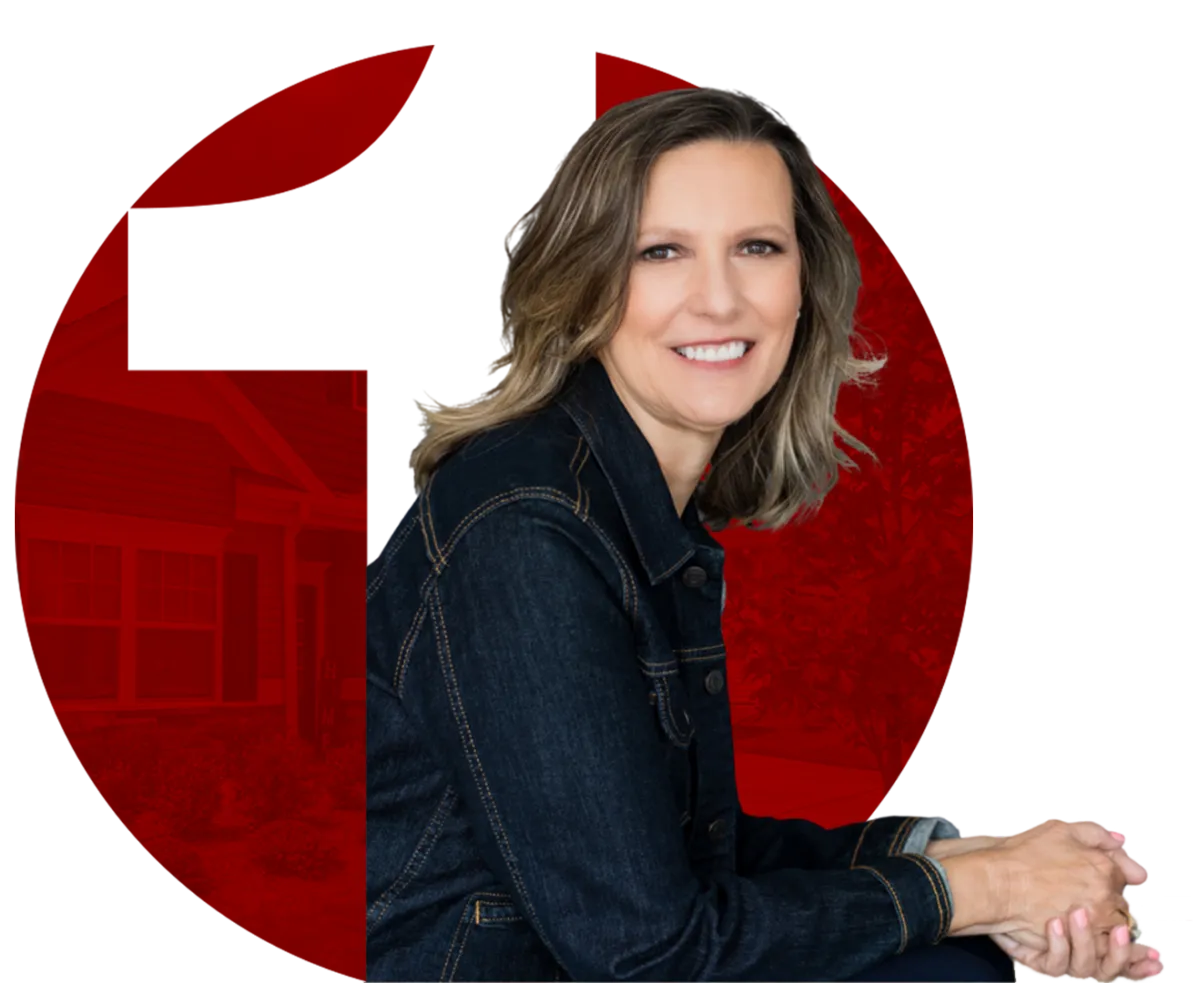

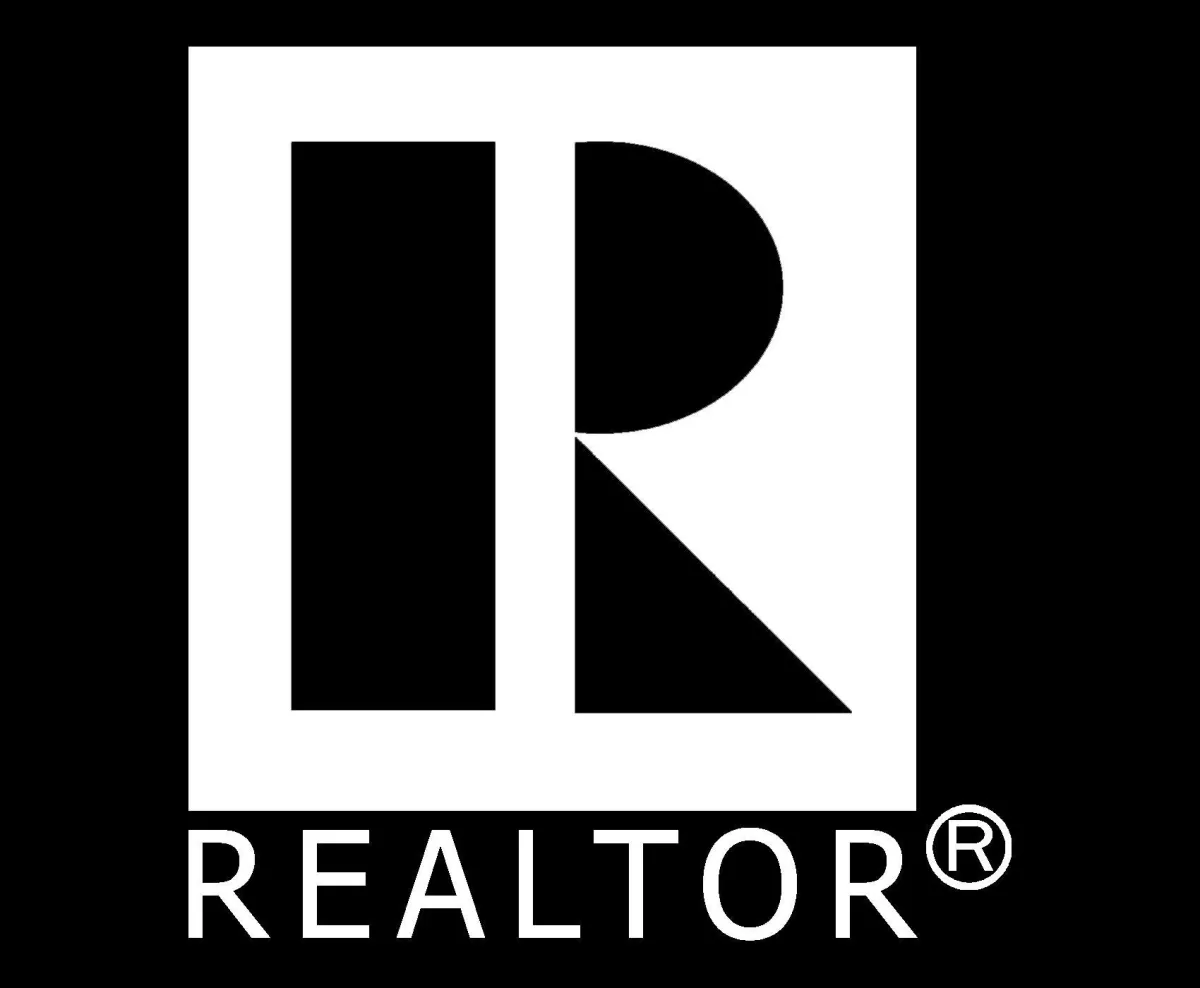


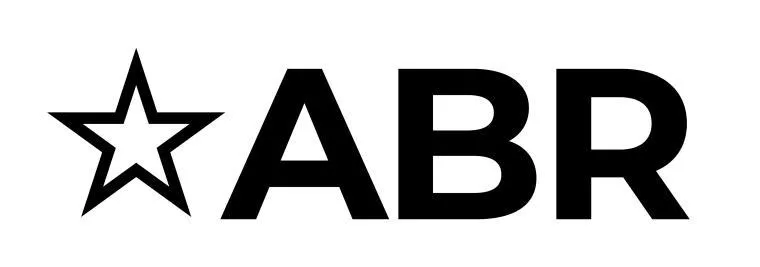
Copyright © Red One Realty 2025.

Copyright © Red One Realty 2025.


